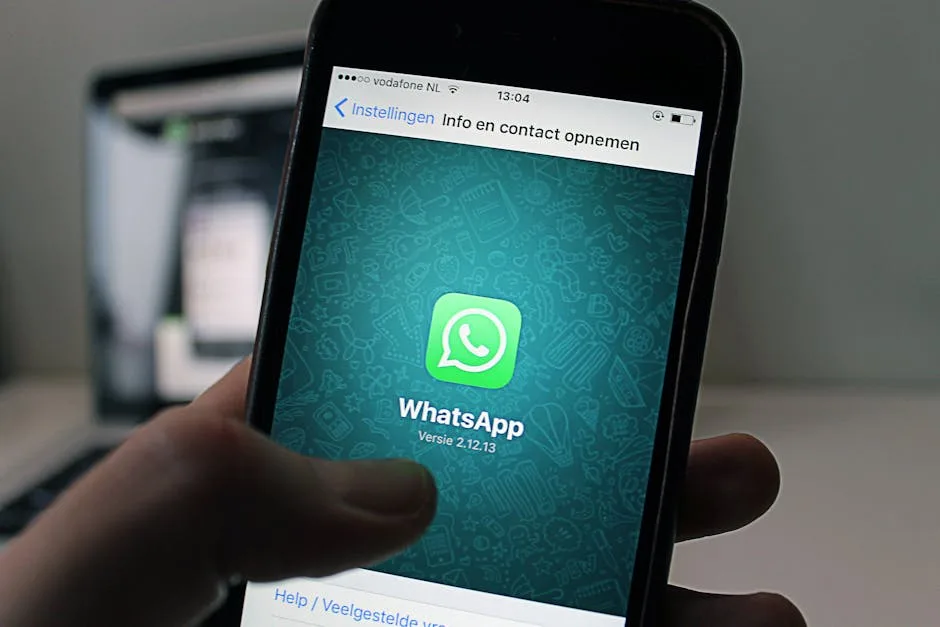
WhatsApp has rolled out a new feature called Advanced Chat Privacy, designed to strengthen protections for sensitive conversations in both individual and group chats. The feature, announced on April 23–24, 2025, restricts chat exports, auto-downloads of media, and the use of messages in AI interactions1. While aimed at general users, the update has significant implications for security professionals, particularly in controlled environments where data leakage is a concern.
Key Features and Technical Details
The Advanced Chat Privacy feature introduces three primary restrictions. First, it blocks the export of chat content, preventing users from saving conversations externally. Second, it disables the auto-download of media files, requiring manual approval for each download. Third, it restricts the use of chat messages in AI-powered features, such as Meta AI queries2. Notably, screenshots and manual media downloads remain possible, which limits the feature’s effectiveness in high-security scenarios.
From a technical standpoint, the feature is implemented at the chat level. Users can enable it by navigating to the chat settings, selecting the chat name, and toggling Advanced Chat Privacy. This suggests the controls are enforced client-side, with WhatsApp’s servers likely validating permissions during sync operations3. The lack of screenshot prevention indicates that the feature does not leverage low-level OS APIs to restrict screen capture, a limitation that may be addressed in future updates.
Relevance to Security Teams
For organizations handling sensitive communications, the feature offers a partial mitigation against accidental data leaks. However, its bypassability through screenshots means it should not be relied upon as a sole security measure. Red teams testing internal policies may find the export block useful for simulating insider threats, while blue teams should note that manual workarounds still pose risks4.
System administrators should monitor the rollout of this feature, as it may interfere with legitimate workflows like compliance archiving. The restriction on AI interactions could also impact integrations with third-party tools that rely on WhatsApp’s API for automated processing. Organizations using WhatsApp for customer support or internal collaboration should review their policies to align with these new constraints.
Future Considerations
WhatsApp’s parent company, Meta, has framed this update as part of broader privacy enhancements, including encrypted backups and hidden locations5. The timing coincides with Meta’s €200M EU fine for privacy violations, suggesting regulatory pressure may drive further restrictions. Security teams should anticipate updates such as screenshot blocking or more granular permissions for enterprise deployments.
While Advanced Chat Privacy improves baseline protections, its limitations underscore the need for layered security measures. End-to-end encryption remains WhatsApp’s strongest safeguard, but organizations should supplement it with MDM policies or dedicated secure messaging platforms for critical communications.
References
- “Introducing Advanced Chat Privacy,” WhatsApp Blog, 2025.
- “WhatsApp’s New Advanced Chat Privacy Protects Sensitive Messages,” BleepingComputer, 2025.
- “WhatsApp Adds Advanced Chat Privacy to Block Unauthorized Exports,” The Hacker News, 2025.
- “WhatsApp’s Latest Feature Makes Your Messages Even More Private,” TechCrunch, 2025.




